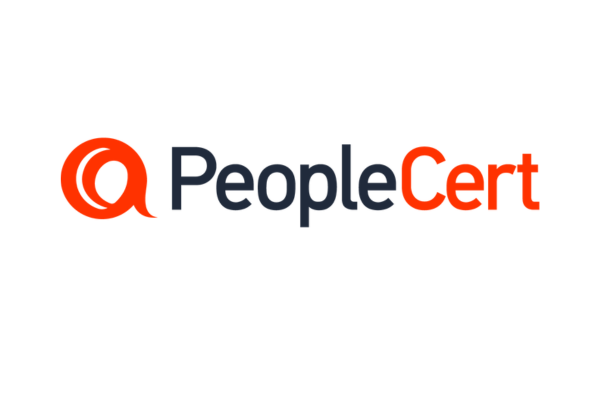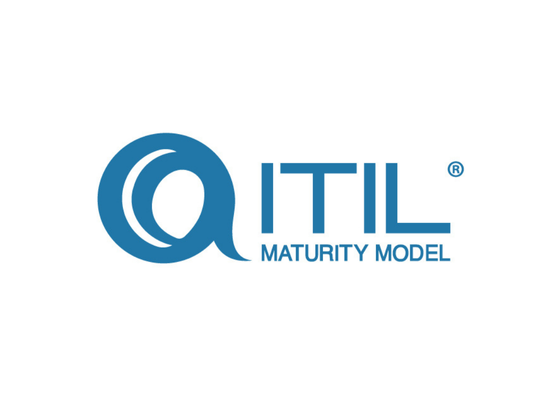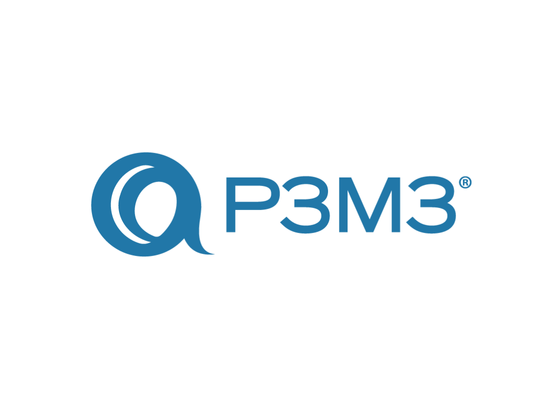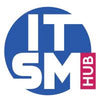In this article:
- What is Agile Project Management?
- How does Agile differ from traditional Project Management?
- The Agile Manifesto: The 12 Principles of Agile Project Management
- What are the key benefits of Agile Project Management?
- What are the key skills of Agile Project Managers?
- What are some challenges organisations may face when adopting Agile?
- What are the most popular Agile methodologies?
- Agile Scrum
- Agile Training
- Agile Tools
- Agile Software
- In Summary
The Agile methodology offers a flexible project management style that supports the continuous improvement of a project through a collaborative, iterative approach. Here we dive into everything you need to know about agile project management to help you determine where this structure can fit into your organisation.
What is Agile Project Management?
Agile is a project management methodology predominantly embraced within the realm of software development. Unlike traditional approaches, Agile prioritises flexibility and collaboration, weaving stakeholder feedback and ongoing or ad hoc adjustments into the scope of the development process, throughout the project's life cycle. It operates on an iterative model, breaking tasks into manageable cycles known as "sprints”, undertaken by cross-functional teams that provide regular status updates, and come together on completion to review performance and delivery.
How does Agile differ from traditional Project Management?
Several key differences set Agile project management apart from traditional project management. Often referred to as Waterfall, traditional project management follows a firmer approach, where all necessary details are formalised at initiation, and schedules, stages, and delivery follow a linear timeline.
Agile on the other hand allows for more fluidity. It invites continuous collaboration with all those involved, allowing for an evolution of the brief over time to enhance the final result and better meet the needs of the end-user. Where waterfall silos team members into their roles and responsibilities, Agile brings teams together to collaborate on tasks, encouraging team members to take on more than their singular role.
Agile focuses on improving the outcome of the end result as the team learns and the project develops, encouraging stakeholders to be open to identifying and contributing to changes as they see the opportunity to do so.
The Agile Manifesto: The 12 Principles of Agile Project Management
- Customer Satisfaction: The highest priority, and achievable through continuous delivery.
- Welcome Changes: Welcoming iterations, even late in development, allows for continuous improvement to meet changing markets.
- Deliver Frequently: Deliver project elements regularly, with a preference for shorter timescales.
- Collaboration: Stakeholders work together as a larger team, coming together frequently to review status and performance.
- Build Projects around Motivated Individuals: The ongoing motivation and productivity of the team involved is imperative. Give them the environment and support they need, and trust them to get the job done.
- Face-to-Face Communication: The most efficient and effective method of conveying information within the Agile methodology is considered in-person.
- The End Result as the Measure: The functionality of the end product is always the primary measure of a successful outcome.
- Sustainable Development Pace: Agile processes promote sustainable development. Stakeholders should be able to maintain a constant pace throughout the lifecycle of a project.
- Continuous Attention to Technical Excellence: Continuous attention to technical excellence and good design enhances agility.
- Simplicity: If in doubt, simplify.
- Self-Organisation: The best architectures and designs emerge from self-organising teams.
- Regular Reflection and Adjustment: Teams should reflect on performance, productivity and efficiencies regularly, adjusting behaviours for continuous improvement.
What are the key benefits of Agile Project Management?
Agile project management allows developers and teams to deliver a better outcome faster through short, flexible and collaborative sprints. This approach allows for real-time adjustments as requirements evolve ensuring that the end product aligns better with the evolving needs of the market and the client.
The Top 10 Benefits of Agile Project Management as outlined by CIO, are:
- A faster deployment of solutions
- Quicker turnaround times
- Waste reduction through minimisation of resources
- Increased innovation through flexibility and adaptability
- High success through focused efforts
- Earlier detection of issues and defects
- Optimised development processes and controls
- A lighter-weight framework
- A highlight on specific customer requirements
- More open and frequent feedback
In today's fast-paced digital landscape, Agile equips teams with the tools to navigate complexities and quickly respond to changing requirements, defects and iterations. It can transform the way organisations tackle both projects and their operational structure as a whole, by increasing flexibility, productivity and transparency across teams, minimising the risk of overlooked objectives, delivering higher quality work and ultimately achieving higher stakeholder satisfaction.
What are the key skills of Agile Project Managers?
These are the six vital attributes of a successful Agile Project Manager:
- The ability to prioritise essential tasks
- The skill of managing stress and working well under pressure
- The motivation and experience to coach and support teams
- Exceptional organisation in every sense
- The aptitude to make sound, confident decisions quickly
- Adaptability to any change
What are some challenges organisations may face when adopting Agile?
For organisations exploring the change to the Agile Project Management approach, there may be any number of challenges to consider and overcome, including:
- Unsupportive Culture: Individually, teams may be ready and willing for a change, however, the entire organisation must support this approach for it to be successful.
- Unclear Business Impact: Just using agile isn't enough; projects must align with business goals to realise sustainable growth.
- Rushed Testing: Quick sprints might lead to missed testing aspects, causing problems later.
- Limited Agile Talent: Finding experienced and skilled agile talent can be a challenge, and without this expert resourcing, the benefits to the organisation are limited.
What are the most popular Agile methodologies?
The three most popular Agile project management methodologies are Scrum, Kanban, and Lean (LN). Scrum operates within structured time frames called sprints, maintaining clear roles like Scrum Master and Product Owner. Kanban offers a visual representation of workflow, enabling flexible task management. Lean (LN) methodology focuses on continuous improvement and eliminating waste, enhancing overall efficiency by optimising processes and resources. Each methodology presents distinct strategies aligned with Agile principles, catering to diverse project needs and team structures.
Combining methodologies to create a hybrid solution can improve agility and adaptability for particular projects and industries, where multiple approaches will better suit the nature of a project. An example of this is combining Waterfall to manage the planning phases, where more comprehensive analysis and early documentation are required. A project could then move into an Agile approach from the development phase.
Agile Scrum
Scrum is the most common Agile methodology, providing a lightweight framework to help teams structure and deliver their work. Scrum comprises short iterations of tasks, or ‘sprints’, as well as regular daily meetings, or ‘scrums’, used to ensure the delivery of small components of a project until completion.
In Scrum, there are three crucial roles: the Product Owner, the Scrum Master, and the team members. The Product Owner manages the backlog, which contains tasks to be done, and prioritises them. Teams select tasks from the backlog and work on them within a sprint, typically lasting two to four weeks. The Scrum Master holds daily meetings with the team to track progress, and sprint reviews are conducted at the end of each sprint. This cycle continues until all tasks in the backlog are completed, ensuring a structured and iterative approach to project management.
To discover more about Agile Scrum, explore our courses.
Agile Training
ITSM Hub provides flexible, expert Agile Scrum training for organisations delivered by an accredited industry leader. Our courses bring the key principles of Scrum, Lean and Kanban together to outline an Agile approach that helps you to achieve outcomes consistently. We provide versatile learning options including online, virtual classrooms, and onsite face-to-face training. Our courses cover:
- Agile Scrum Essentials Course & Examination: A 2-day course providing the essential knowledge needed by IT professionals in Agile methodologies and Scrum practices.
- Agile Scrum Master Course & Examination: A 2-day master course covering all aspects of the Scrum framework through a variety of real-world scenarios and focused practical information related specifically to the Scrum Master.
- Agile Scrum Product Owner Course & Examination: A course providing all the core concepts, principles and practices associated with the product owner role.
Explore our complete catalogue of courses and workshops, here
Agile Tools
There is a range of templates, tools and resources available to organisations who wish to adopt the Agile project management methodology. Most Agile software providers incorporate working templates into their products, however Microsoft in particular offers multiple solutions, including:
Agile Software
Organisations adopting the Agile framework often lean on purpose-driven software to maximise the benefits of this methodology. Popular software options include:
- Atlassian Jira + Agile
- Agilean
- SprintGround
- VersionOne
In Summary
In the changing, digitalised landscape, organisations are dependent on speed, flexibility and productivity. Agile project management as a methodology provides teams with the tools to become adaptable, enhancing overall workplace efficiencies and productivity, and ultimately improving the outcome of the project delivery when implemented correctly.
